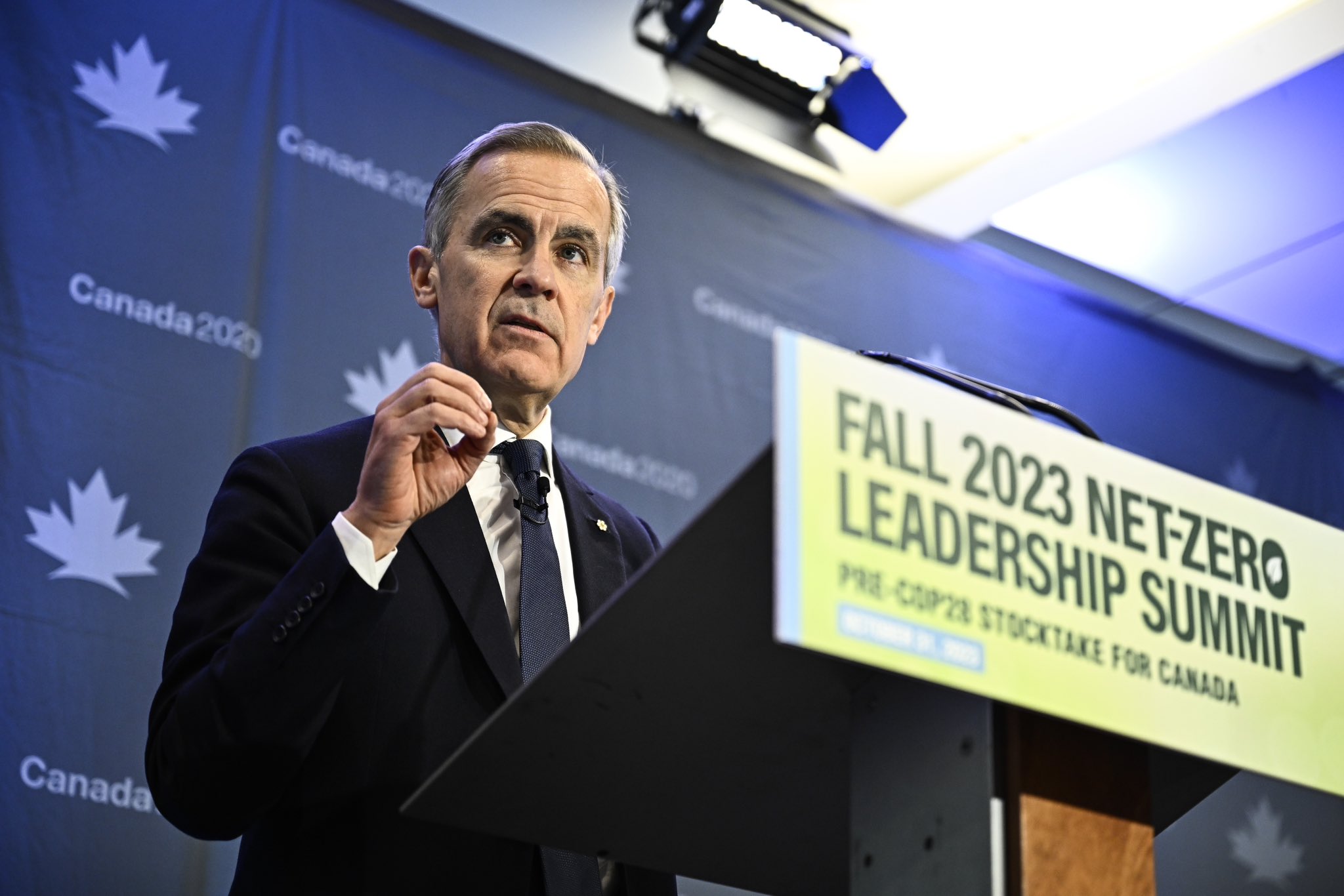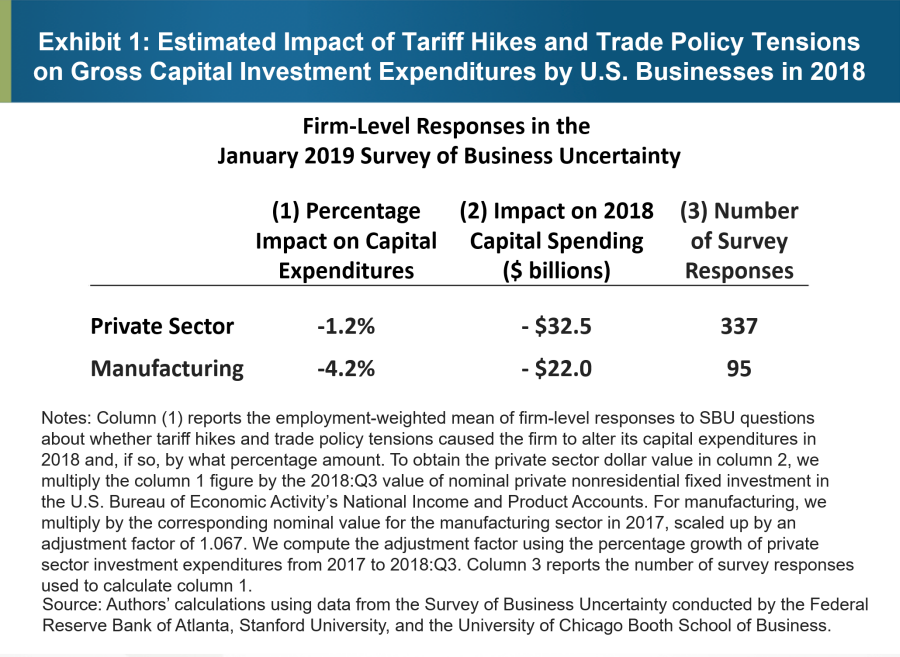FTC's Appeal Against Microsoft-Activision Merger Approval

Table of Contents
The FTC's Initial Concerns and the Court Ruling
The FTC's initial lawsuit against the Microsoft-Activision merger stemmed from concerns about anti-competitive practices. The commission argued that the merger would give Microsoft undue market dominance, stifling competition and harming consumers. Key concerns revolved around the potential for Microsoft to make Activision's popular games, particularly Call of Duty, exclusive to its Xbox ecosystem. This Call of Duty exclusivity, the FTC argued, would severely disadvantage competitors like Sony's PlayStation and could lead to a monopoly in the console gaming market.
-
The FTC's Argument: The FTC argued that the merger would significantly lessen competition, violating antitrust laws. Their central claim was that Microsoft, post-merger, would have the power to manipulate prices, reduce innovation, and ultimately limit consumer choice.
-
The Court Ruling: A federal judge ultimately rejected the FTC's lawsuit, finding insufficient evidence to support the claim that the merger would substantially lessen competition. The judge highlighted Microsoft's commitments to maintain Call of Duty availability on competing platforms as a key factor in their decision.
-
Key Games Cited: Call of Duty's immense popularity and market share were central to the FTC's argument, making it a pivotal case study in assessing the potential for anti-competitive behavior resulting from the merger. Other Activision Blizzard titles were also mentioned, but Call of Duty's significance overshadowed them.
The FTC's Appeal Arguments: A Closer Look
The FTC's appeal against the Microsoft-Activision merger hinges on several key arguments, challenging the initial court ruling on multiple fronts. The commission contends that the court misinterpreted substantial evidence and committed procedural irregularities, jeopardizing the public interest.
-
Misinterpretation of Evidence: The FTC argues that the court wrongly discounted crucial evidence highlighting Microsoft's potential to leverage its control over Activision Blizzard titles, including Call of Duty, to exclude competitors. They maintain that the evidence showed a clear path toward anti-competitive practices, despite the judge's findings.
-
Alleged Procedural Errors: The FTC claims several procedural errors occurred during the original trial, hindering their ability to present a full and comprehensive case. These alleged errors, they argue, influenced the judge's final decision.
-
Long-Term Impact on Competition: The FTC's appeal emphasizes the long-term implications of the merger for competition and consumer choice. They argue that the initial ruling failed to adequately address the potential for future anti-competitive behavior by Microsoft, even with current commitments to maintain Call of Duty availability across platforms.
Potential Outcomes and Implications
The outcome of the FTC's appeal against the Microsoft-Activision merger will significantly impact Microsoft, Activision Blizzard, and the gaming industry as a whole. The ramifications extend beyond the immediate players, potentially shaping future mergers and acquisitions in the tech sector.
-
Success of the Appeal: If the appeal is successful, the merger could be blocked, preventing Microsoft from acquiring Activision Blizzard. This would have major repercussions for both companies' financial strategies and overall market share.
-
Failure of the Appeal: A failed appeal would likely result in the merger proceeding as planned. While Microsoft has made commitments, concerns remain about potential future anti-competitive actions. This scenario would likely set a precedent for future mergers, influencing how such deals are reviewed and regulated.
-
Broader Implications: The case’s outcome will profoundly influence how antitrust laws are applied in the gaming and tech industries. It sets a crucial precedent for assessing the potential impact of mega-mergers on competition and innovation. Changes in market share, game prices, and the overall pace of innovation could be significantly affected.
Conclusion
The FTC's appeal against the Microsoft-Activision merger is a landmark case with far-reaching implications. The core arguments revolve around the potential for anti-competitive practices related to Call of Duty exclusivity and market dominance. The appeal’s outcome will significantly impact the gaming landscape, shaping the future of gaming competition and influencing the application of antitrust laws in the technology sector. The potential for a significant shift in market share and game prices is undeniable. Understanding the FTC’s arguments and potential outcomes is vital to comprehending the future landscape of the gaming industry. The FTC's appeal against the Microsoft-Activision merger is a crucial development. Stay informed about the ongoing legal battle and its implications for the future of gaming competition by following further updates on this critical case. Continue to follow the developments in the FTC's appeal against the Microsoft-Activision merger for the latest news and analysis.

Featured Posts
-
 Falcons Defensive Coordinators Son Issues Apology For Shedeur Sanders Prank Call
Apr 29, 2025
Falcons Defensive Coordinators Son Issues Apology For Shedeur Sanders Prank Call
Apr 29, 2025 -
 How To Purchase Tickets For The Capital Summertime Ball 2025
Apr 29, 2025
How To Purchase Tickets For The Capital Summertime Ball 2025
Apr 29, 2025 -
 Late Surge Unlikely For Mark Carney In Tight Canadian Election Race
Apr 29, 2025
Late Surge Unlikely For Mark Carney In Tight Canadian Election Race
Apr 29, 2025 -
 Packers 2025 International Game Possibilities Two Stadiums In Contention
Apr 29, 2025
Packers 2025 International Game Possibilities Two Stadiums In Contention
Apr 29, 2025 -
 Tariff Uncertainty Drives U S Businesses To Cut Costs
Apr 29, 2025
Tariff Uncertainty Drives U S Businesses To Cut Costs
Apr 29, 2025
